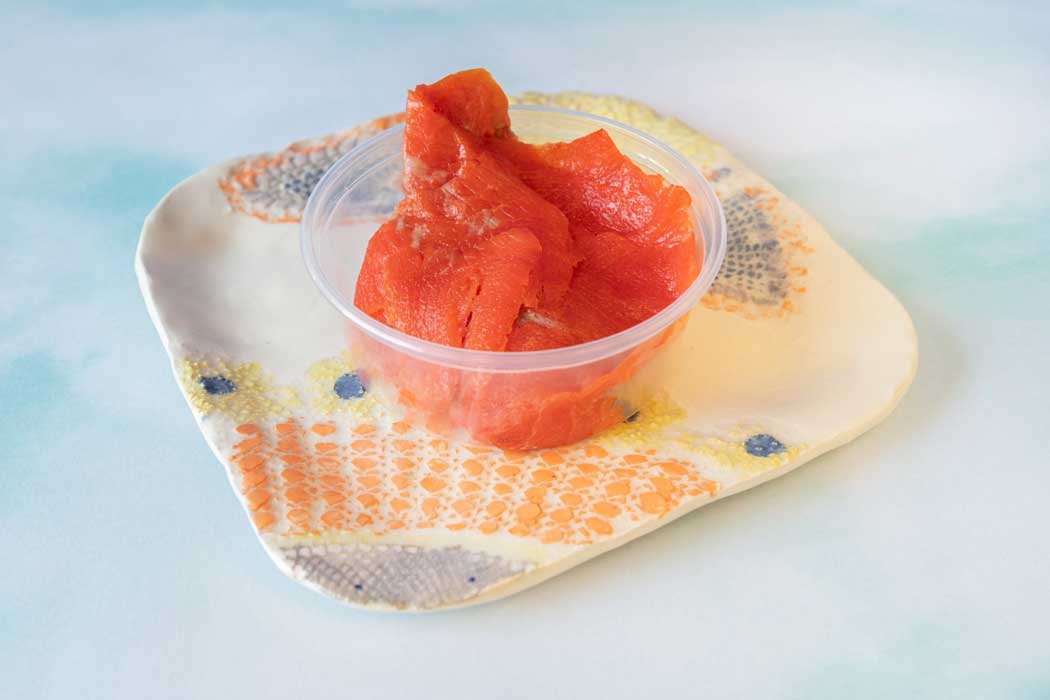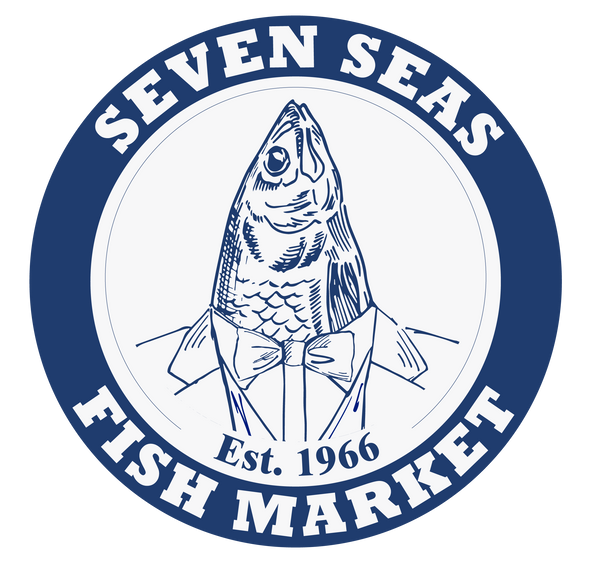
Smoked Salmon… Lox?
Share
Lets face it, smoked salmon, especially on a platter, on a bagel, or even as an ingredient in a cream based pasta sauce, is an incredible delicacy. But what should we really be calling smoked salmon and is ‘Lox’ an apt word? Let’s find out!
What is Lox?
Lox has largely become a huge marketing term for different salmon products, so there is a lot of confusion on the topic! We’ll explore some of the different products as well a history of the word lox.
Click here to see our selection of smoked products.
Its currently known in many parts of North America as specifically pre-sliced cold smoked salmon. But it wasn’t always so, and this is even contestable!
The word ‘Lox’ is particular to the American Jewish tradition of preserving salmon. Smoked salmon ‘lox’ is quite popular in the Jewish community since, due to religious constraints, Jews are not allowed to eat bacon or other smoked pork products. It’s a great substitute that conforms with Kosher rules!
The name lox is likely a literal translation. It probably stems from the Americanized word ‘laks’ from the Yiddish word for salmon. But other sources suggest that because ‘lachs’ is the German word for salmon, that may be the source.
There’s also a variation in Scandinavian countries for cured salmon (not smoked) called “gravad lax”, or the shortened form, ‘gravlax’. This a non-smoked cured salmon product highlights 2 main ingredients: dill and an alcohol, like whisky.
The Nova salmon lox is often confused with true lox but this variation is less salty and lightly smoked. It is called Nova lox because back in the day the salmon came from Nova Scotia, so people who asked for Nova Scotia smoked salmon eventually dropped the Scotia part.
Salted salmon is also popular in Japanese cuisine known as ‘shiozake’. A popular breakfast meal of extremely salty salmon. Could this then also be referred to as lox?
And hot smoked salmon is a completely different texture and product than these raw cured forms, since the salmon product is actually cooked while its smoked. Some instances it can be cured after its smoked. But general rule of thumb is that a hot smoked product is smoked and cooked.
And some sources suggest that a ‘kipper’ is a hot smoked product, but generally kipper is a Scotish word for codl smoked.
So there is lots of confusion in the industry and around these topics. We hope you are learning something and not getting even more confused!
History of Lox
Traditionally salmon lox was salmon that was cured in salt and there was no smoking involved. This is one of the primary kinds of salmon people used to eat before refrigeration was available everywhere.
Before refrigeration in New York, salmon was hauled across the US in huge salt baths, and then fed to the Jewish immigrants after a long day of work. In simple terms, salmon lox is was the salmon that is only salt-cured.
The fact is that real salmon lox was quite salty and assertive.
It has probably changed meanings in some regions because smoked salmon is a much more delicious and palatable product than an extremely salty salmon.
Although how the word got transferred to mean smoked salmon is still a bit of a mystery. Perhaps someone intentional marketing plans, or just an accident, or something else completely!
What now?
Next time you’re ordering your salmon lox, just ask the fish monger what it is. That way you will eventually find what you prefer the best. Each product has its own nuance and process, even amongst different companies. They all have their own brine, spice, curing time, smoking process, different woods to smoke with.
Technically what we know of as smoked salmon lox here in the Pacific North West, should just be called, smoked salmon. Lox is just a generalized term for a salmon product, usually cured, and most likely using a salt cure.
Subscribe to our newsletter to stay up to date with our exclusive promos and special offers available only for our subscribers. And remember to tag us @7seasfishmarket to show us your delicious seafood creations.
